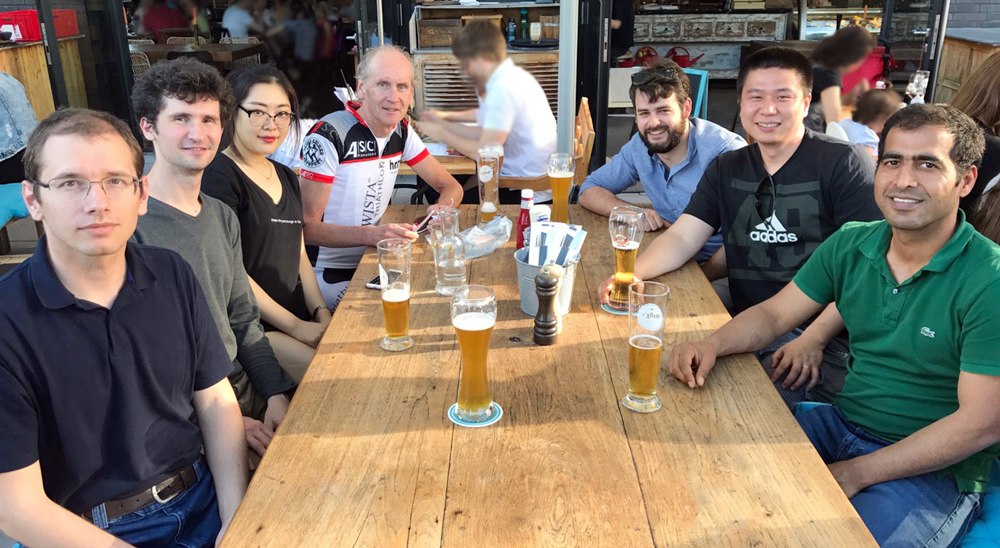During this spring, I spent two months at the Multimedia Signal Processing Group led by Prof. Dietmar Saupe at the University of Konstanz. During this stay I had the opportunity to meet many researchers who work in blind image and video quality assessment and pursue my research work.

My work focused on the problem of blind image quality assessment where the objective is to evaluate the quality of digital images without any prior knowledge on the types of distortions. I used Convolutional Neural Networks (CNN) to address this problem. First of all, I elaborated a patch selection algorithm in order to carefully select the most discriminative and informative patches from the training images to enhance the training efficiency. To realize that, I studied professional photography rules and human visual principles. It has been observed that, human visual attention does not distribute evenly within an image. That means some regions play more important roles than other regions when people viewing photos.
Motivated by these observations, several criteria have been developed to perform patch selection: overlapping constraint, saliency constraint, and pattern diversity constraint. These patches were ranked with respect to their saliency. A pre-trained and fine-tuned VGG16 CNN was utilized as a feature extractor for each patches. Finally, a Support Vector Regression (SVR) machine was exploited to learn the mapping function from the CNN features to the perceived quality scores. The experiments were conducted on the LIVE In the Wild Image Quality Challenge Database which contains widely diverse authentic image distortions on a large number of images captured using a representative variety of modern mobile devices.
I really enjoyed the work with experienced researchers and the usage of the department’s high performance computing tools. I thank the Multimedia Signal Processing Group and the SFB-TRR 161 for the support and the funding.

